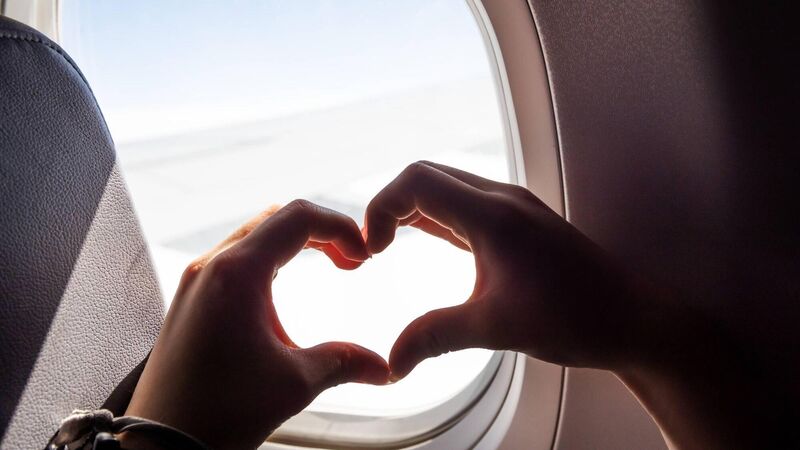What are the health risks of flying and how can we limit their impact?

"While many of us are counting down the days until we can jump on a plane and jet off somewhere warm, let’s pause to consider the unique psychological and physiological adaptations that the body undergoes while spending time in the air."
Peak summer holiday season is just around the corner.
And while many of us are counting down the days until we can jump on a plane and jet off somewhere warm, let’s pause to consider the unique psychological and physiological adaptations that the body undergoes while spending time in the air.











